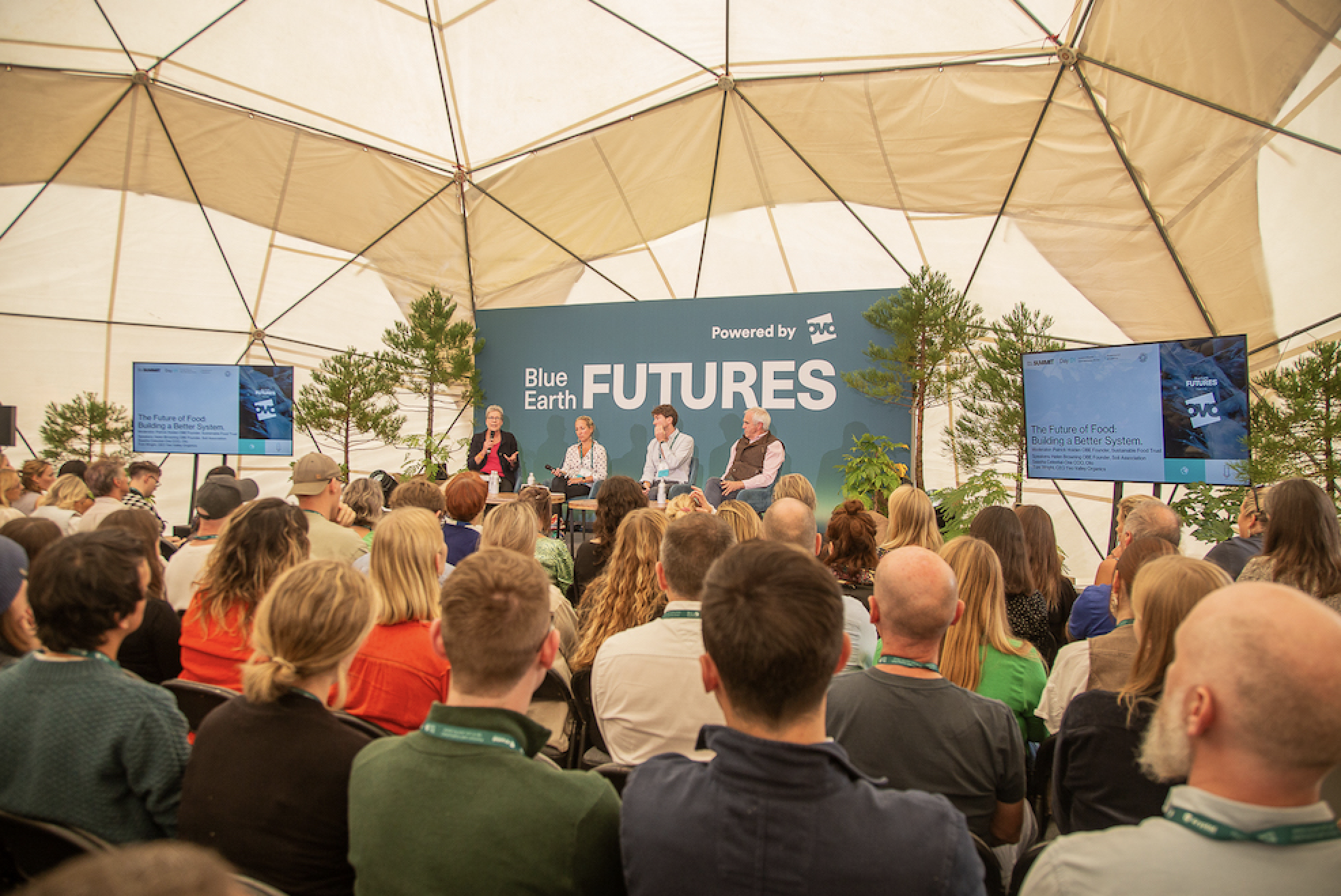Why We’re Returning to Bristol
With its robust environmental credentials, booming startup success rate, and reputation for radical movement, Bristol is the perfect city for purpose-driven businesses to drive positive change.
Bristol has been our home for three years, drawn to its anti-establishment mindset, impressive environmental credentials, and vibrant hubs for creativity and culture.
The city is set against a backdrop of rolling countryside, with easy access to the capital city and southwest coast. With its eclectic music scene, vibrant graffiti, and independent food, it’s no wonder that an average of 80 people moved from London to Bristol every week in 2022.
Famed for its pioneering spirit, it was the UK’s first European Green Capital in 2015 and Cycling City in 2008. Bristol Mayor Marvin Rees, who is speaking at this year’s Blue Earth Summit, recently signed a world-first partnership agreement, securing a £1 billion of investment to steer the city towards becoming carbon neutral and climate resilient by 2030.
“We are working with partners across the globe to share our knowledge, experiences, and solutions, and together we can create a brighter and more sustainable future for all,” Marvin told us. “The exciting return of the Blue Earth Summit to Bristol for a third time is further evidence of our city’s commitment to and record on sustainability, along with their target to raise another £10 million of sustainable investment at this event.”

As we look forward to returning to Propyard and The Wave in October, here are 11 reasons we are excited to be heading back to this vibrant city.
1. Bristol was the UK’s first European Green Capital
Bristol became the UK’s first European Green Capital in 2015 in recognition of its long-standing commitment to reducing its carbon footprint and tackling climate change.
2. The city is widely recognised for being a good place to start a business
Bristol has a higher ‘business survival rate’ than any other major UK city, with 44.4% of new startups surviving to the five-year mark. It was also named the UK’s top city for sustainable business in 2021, thanks to its large number of sustainable businesses, from renewable energy companies to sustainable fashion brands.

3. Bristol has an environmentally friendly transportation system
Bristol was named the UK’s first Cycling City in 2008 after pledging to double the number of people biking on its streets over three years.
4. It’s home to the first inland surf destination in the UK
The Wave is the first inland surf destination in the UK, using advanced wave-making technology to produce high-quality surf waves suitable for all levels of surfers, from beginners to pros. It was founded in 2019 by Nick Hounsfield – who is speaking at Blue Earth Summit this year.

5. It has a rebellious spirit that drives progression
Bristol’s rebellious spirit was demonstrated when a statue of slave merchant Edward Colston was torn down during a Black Lives Matter protest in 2020. Bristol is also the home of politically charged graffiti artist Banksy and activist trip-hop band Massive Attack.
6. It’s a hub for creativity and culture
Bristol is a hub of creativity and home to hundreds of organisations in the arts, music, film, and TV industries. The city hosts renowned wildlife broadcasters like the BBC and National Geographic, and Ardman Animations, the stop motion studio behind characters like Wallace and Gromit and Morph.

7. Bristol is home to a number of renewable energy companies
Bristol is home to many renewable energy companies, including Ecotricity, one of the world’s leading green energy providers. The city has also invested in its own renewable energy infrastructure, such as solar panels on council-owned buildings. In 2019, 17% of Bristol’s electricity was generated from renewable sources, up from just 3% in 2010.
8. Bristol is a Fairtrade City
Bristol has been a Fairtrade City since 2005, recognising the city’s commitment to promoting fair trade and ethical consumption by trading fairly with nearly five million workers in 58 developing countries.
9. It has several measures to reduce waste
In 2020, the city recycled or composted 52% of its household waste, up from 38% in 2010. Bristol also has a goal to become a zero-waste city by 2030.
10. Bristol is training the next generation of environmental leaders
Bristol has two leading educational institutions focusing on environmentalism and sustainability, including the University of Bristol and the University of the West of England. These institutions are helping to train the next generation of environmental leaders and innovators.
11. It has strong ambitions for the future
The city is working towards carbon neutrality by 2030, promoting sustainable travel, improving energy efficiency in buildings, and increasing the use of renewable energy sources. It’s also working towards zero waste by 2030 by reducing single-use plastics, promoting composting, and encouraging sustainable consumption habits.





